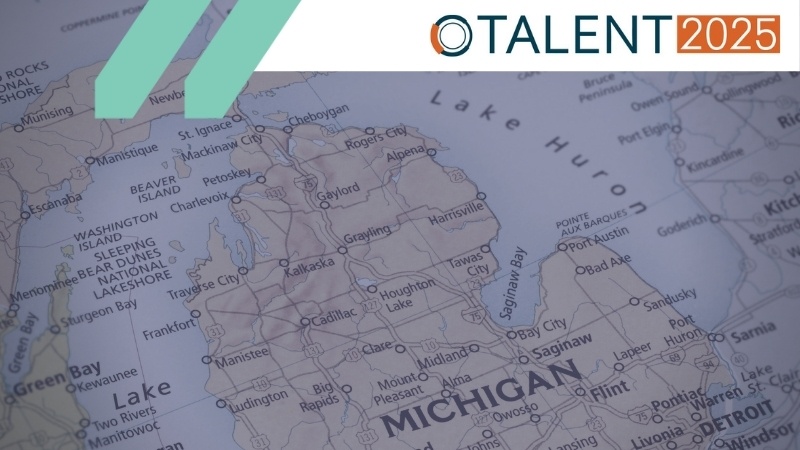
LANSING, Mich. — Michigan College Access Network (MCAN) has awarded a $10,000 Innovative Program Grant to Talent 2025 to help build a college-going culture in Lake, Oceana and Mason counties. The funds will be used to produce a series of professional development videos on the importance of postsecondary education. Talent 2025 will partner with local businesses, who will use the videos as part of their employee trainings, with hopes of reaching parents and guardians whose work schedules prevent them from attending college fairs or other programs hosted by schools and community-based organizations.
Postsecondary attainment rates for Lake, Oceana and Mason counties are 19.9%, 25.3% and 35.9%, respectively, all well below the statewide average of 45.5%. Six-year completion rates, which measure how many residents have earned a degree or certificate within six years of their high school graduation, are 11.8% for Lake County, 28.4% for Oceana County, and 34.6% for Mason County. The statewide average is 40.28%.
“What we often hear from the community is a negative viewpoint on students pursuing postsecondary opportunities. Many adults in the community have succeeded in their career pathways without having completed certificates or degrees, some parents question the return on investment in a postsecondary education and others find the process of applying for college and financial aid to be too complex,” said Kevin Stotts, president of Talent 2025. “This grant allows us to leverage employers to communicate to their employees who are parents the value of a postsecondary education on employment and lifelong earnings and demystify the process of applying for college and financial aid.”
The video series will focus on the future of work in Michigan, the economic opportunities provided by earning a degree or certificate, and dispelling myths about financial aid. Participants will watch the videos then answer a few questions on the topic. They will also have the opportunity to ask questions, which will be forwarded to local college access networks, who will follow up with answers. Hearing the questions from the community will also help the local college access networks make decisions about events and workshops.
“Parents are often the most influential voices in students’ lives, and they’re significantly involved in students’ final decisions when it comes to college,” said Ryan Fewins-Bliss, MCAN executive director. “This effort will help us connect with parents and guardians — especially those of low-income students, first-generation college-going students and students of color — who are often left out of postsecondary discussions.”
Funds will be used to create professional development videos encouraging college enrollment